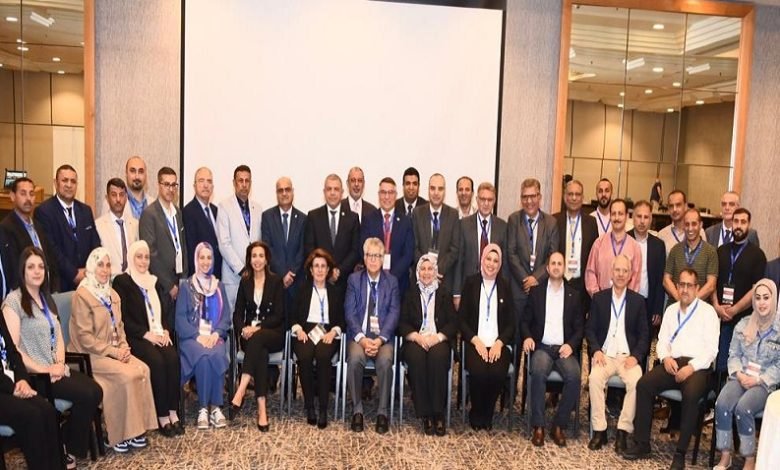
Jordan Daily – The Food and Agriculture Organization of the United Nations (FAO) has launched a digital system, the Susa-Hamra App, for monitoring and early warning of Red Palm Weevil (RPW) infestations.
The app was unveiled at a Training of Trainers (ToT) workshop held in Amman from May 28 to 30, attended by representatives from the agriculture ministries of six Near East and North Africa (NENA) countries.
The Susa-Hamra App is part of the FAO’s RPW eradication programme, aimed at strengthening the technical capacities of officials on RPW visual inspection protocols, trapping techniques, and data collection. The app will also facilitate data validation using the PlantVillage Platform and employ the RPW platform for mapping and analysis.
RPW is a significant pest threatening date palm production, a major contributor to Jordan’s agricultural sector income. The pest has been spreading rapidly in the NENA region due to weak quarantine measures and challenges in early detection of RPW-infested plant materials.
The Jordanian Ministry of Agriculture has recognized the need for a comprehensive national strategy to halt the spread of the red palm weevil and limit its economic damage. The strategy, developed over three years, targets the use of innovative technologies for early detection and control of RPW.
FAO’s RPW eradication project is a five-year initiative designed to assist NENA countries in sustainably managing the RPW through research, capacity development, and transfer of knowledge and technology. The project includes a new monitoring system that comprises the Susa-Hamra App for field data collection and a cloud platform for processing, analyzing, and mapping the collected data.
The Susa-Hamra App and the platform mark a significant step forward in the fight against RPW, supporting officials and stakeholders in making informed management decisions.
